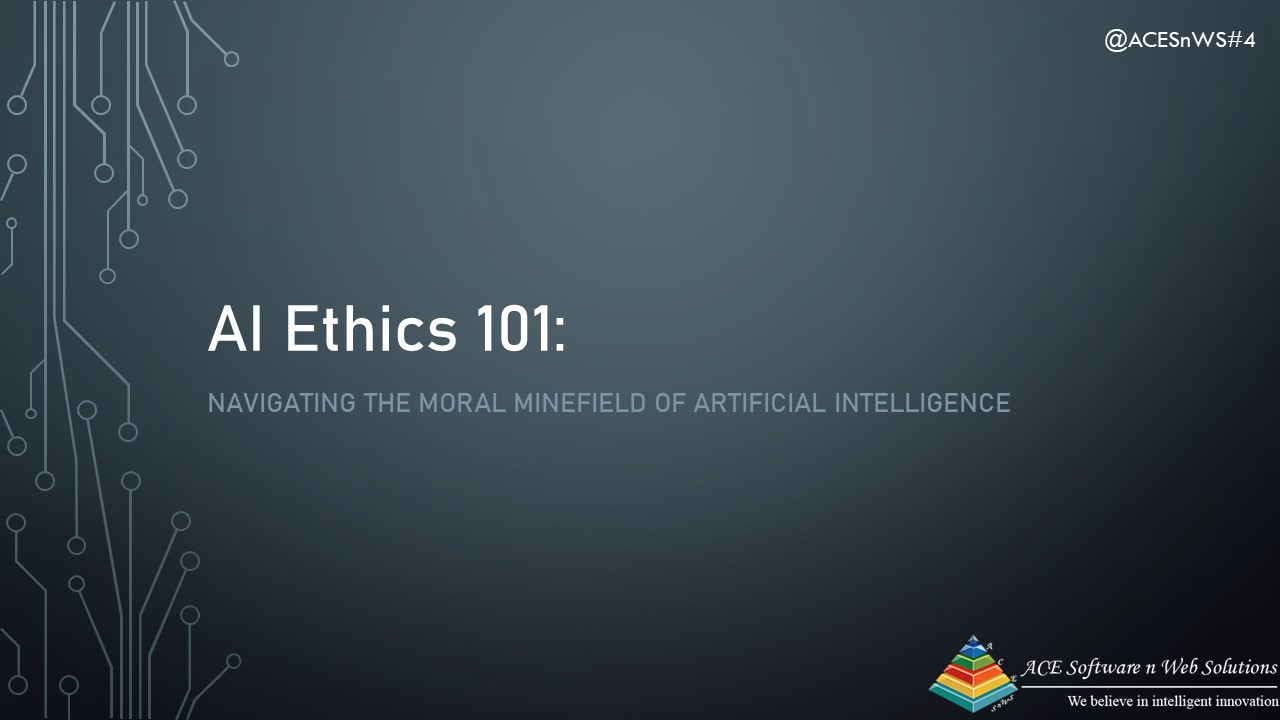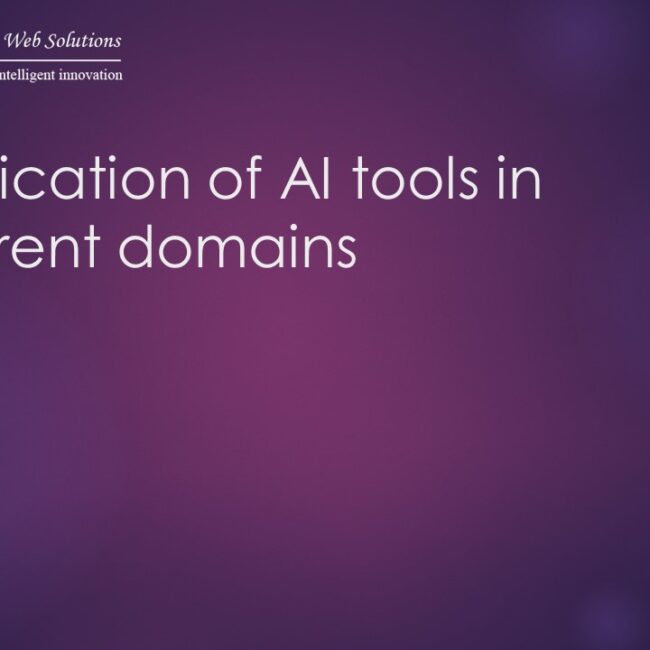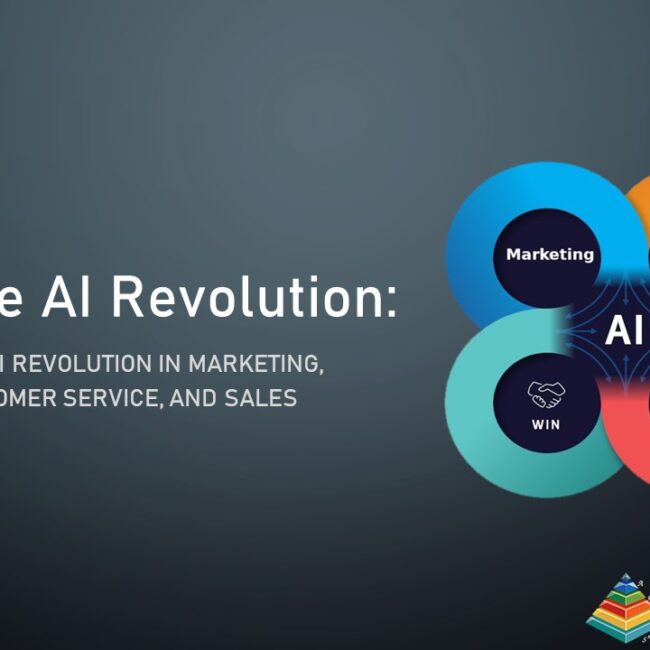
AI Ethics 101: Navigating the Moral Minefield of Artificial Intelligence
AI Ethics
Artificial Intelligence (AI) has rapidly advanced, revolutionizing the way we live and work. While the potential benefits are immense, they come with an ethical responsibility. In this blog, we will explore the critical topic of AI ethics, navigating the moral complexities surrounding the development and deployment of artificial intelligence.
Understanding AI Ethics
Defining AI Ethics
AI ethics is a branch of ethics that examines the moral dilemmas and questions arising from the use of AI in various domains. It seeks to establish guidelines and principles for the responsible development and use of AI.
The Importance of AI Ethics
As AI systems become more integrated into our lives, ensuring that they align with human values, are transparent, and respect privacy and security is paramount. Unregulated AI can have profound consequences on society, privacy, and human rights.
Key Ethical Considerations in AI
Transparency and Accountability
AI systems must be transparent, with clearly defined decision-making processes. Developers and organizations must be accountable for the outcomes and actions of their AI systems.
Bias and Fairness
AI algorithms can inherit biases from training data. Addressing these biases and ensuring fairness is vital to prevent discrimination and injustice in AI systems.
Privacy and Data Security
Respecting user privacy and safeguarding data against breaches is a fundamental ethical principle. Consent and data protection regulations must be adhered to.
Autonomy and Control
Ensuring that humans have the ability to override AI decisions is essential. AI should enhance human capabilities, not replace human judgment.
Economic and Societal Impact
Consideration of how AI affects employment, economic disparities, and societal structures is crucial. Ethical AI should strive to benefit all members of society.
The Role of Ethics in AI Development
Ethical by Design
Developers and organizations should integrate ethics into the design and development of AI systems from the outset.
Continuous Evaluation
AI systems should be continually evaluated for ethical implications throughout their lifecycle, with regular audits to identify and mitigate issues.
Multi-Stakeholder Approach
Collaboration among governments, organizations, technologists, and ethicists is necessary to create comprehensive AI ethics guidelines.
Transparency and Communication
Organizations should openly communicate their AI systems’ capabilities, limitations, and decision-making processes to users and the public.
Real-World Applications of AI Ethics
AI ethics isn’t just a theoretical concept; it’s impacting real-world applications:
- Facial Recognition: Ethical concerns have led to debates and regulations surrounding the use of facial recognition technology.
- Autonomous Vehicles: The ethical decisions AI-driven vehicles make, such as how they prioritize the safety of occupants versus pedestrians, have raised complex ethical questions.
- Healthcare: AI in healthcare must address issues of patient data privacy and equitable access to care.
The Future of AI Ethics
As AI continues to evolve, AI ethics will evolve with it. Future developments may include:
- Stricter regulations and standards for AI systems.
- Advances in AI algorithms that reduce biases and improve fairness.
- More robust AI ethics education and awareness.
Conclusion
AI ethics is a moral compass for the brave new world of artificial intelligence. It provides a framework for ensuring that AI is developed and used in a responsible and ethical manner, taking into account the broader societal and individual impact.
As the technology advances, so too will our understanding of AI ethics. It’s an evolving field that requires ongoing attention, debate, and collaboration to ensure AI benefits humanity without compromising our values.
Stay tuned for more updates on the ever-evolving landscape of technology and the ethics that guide it.


